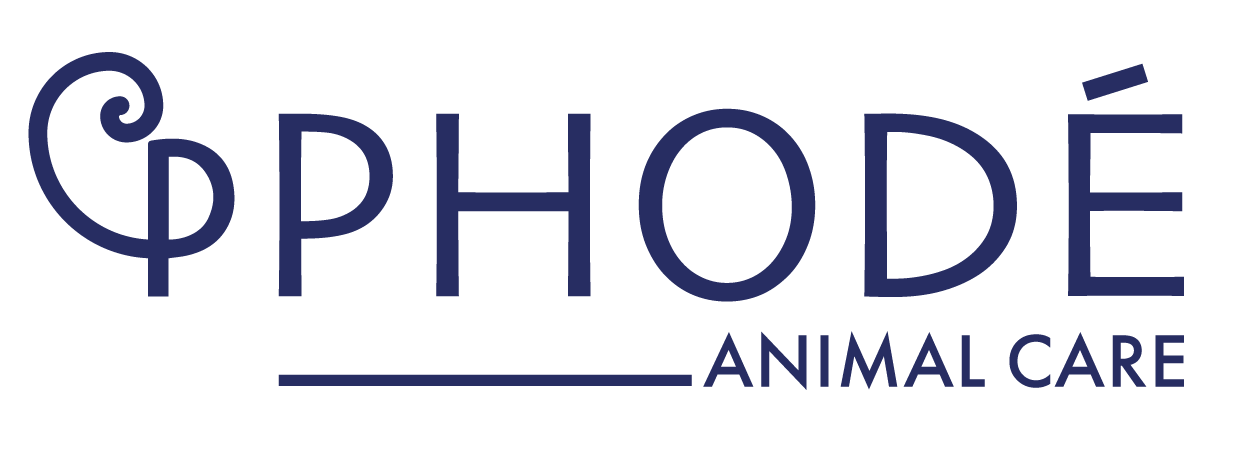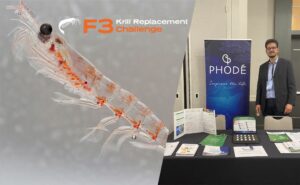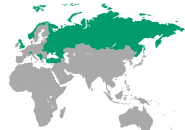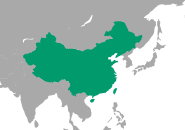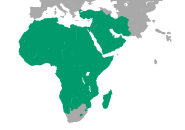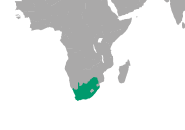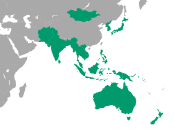Meeting
the challenges of shrimp production
Marine shrimp are the group of species with the highest value among top produced aquaculture species in the world. This is due to high technology and investments from the industry and research, as these animals have a complex feed behaviour and specific physiologic needs. Production systems differ around the globe, from semi-extensive to intensive systems, with different challenges in every single farm.
Shrimp farming is an activity that requires good welfare management, as shrimp are fragile animals with weak and non-adaptive natural defences. Shrimp are also exposed to a wide range of risks from bacteria and parasites in the water throughout their production cycle. Shrimp also encounter various stressors, such as transfer, high density, environmental changes… that impact their natural defences and behaviour.
Promoting feed consumption and feed palatability, managing the various stressors, and supporting their natural defences are essential for shrimp well-being and performance.
To answer your everyday challenges, Phodé accompanies you with innovative sensory solutions dedicated to shrimp production: a successful combo well-being and performance in various farming conditions for an efficient production.
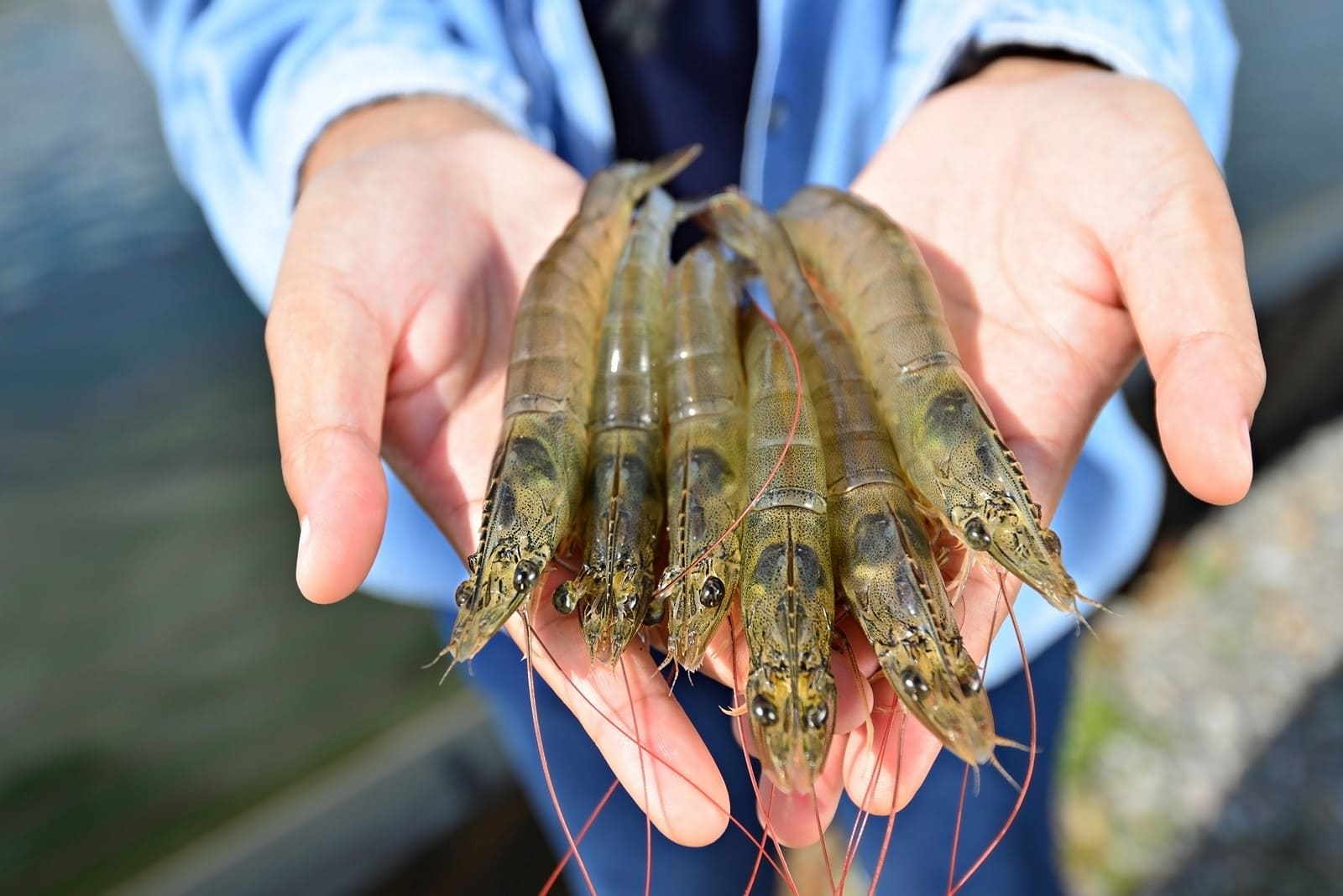
Select the issue that interests you according to your course of study:
Key challenges in shrimp production :
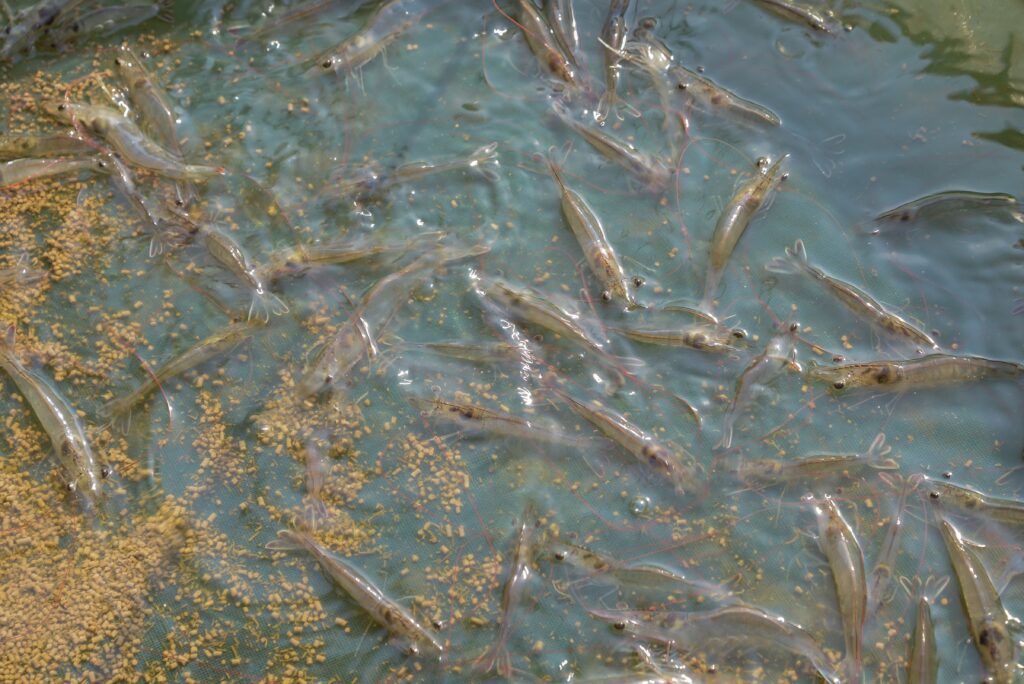
Feed composition changes, regulation evolves, shrimp are challenged every day, so many reasons that impact feed intake on farms. Improve feed attractivity and stimulate shrimp appetite for a better and regular consumption of your feed.
Antioxidants are a must-have to avoid oxidation of feed throughout storage. Why not use a natural one, that will on top protect your pigment?
Shrimp are prone to a lot of diseases, they have no adaptative immunity and the antimicrobial resistance to antiobiotics increases. A botanical synergistic blend to reduce the risks associated to bacteria and parasites, designed specifically to fit to feed manufacturing constraints? It is possible!
Key challenges in shrimp production :
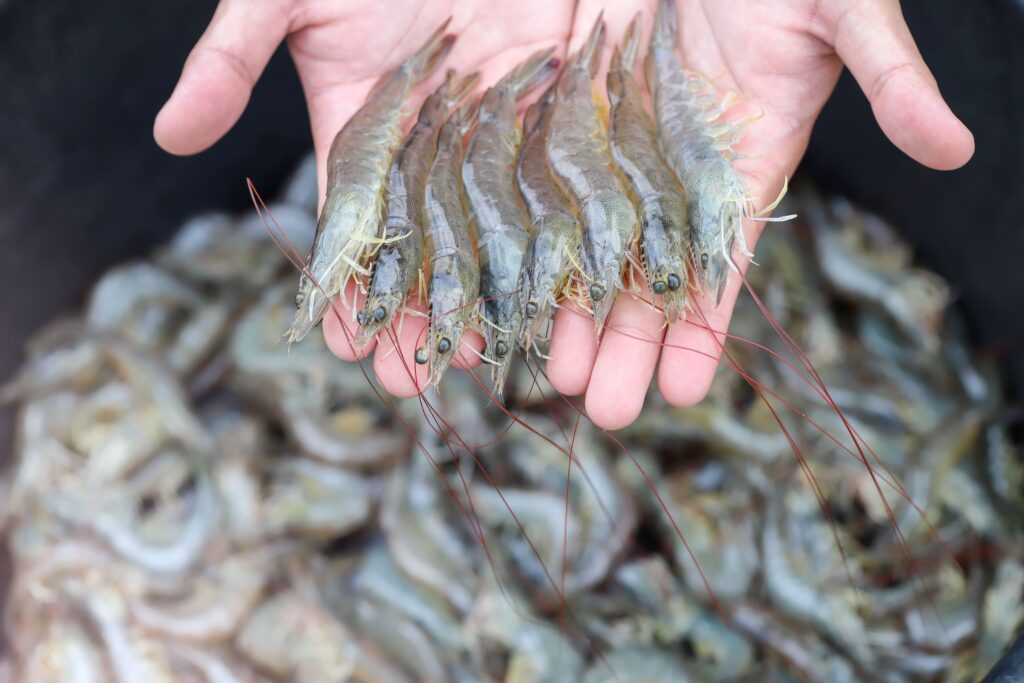
Feed intake is easily reduced by external factors, like hierarchy, cold temperature, and internal factors like individual genotypes. Improving shrimp feed behaviour is a first step easy to implement for a better gowth.
With no adaptative immunity, shrimp can be strongly affected by diseases. What about a botanical synergistic blend specially adapted to an incorporation directly on farms, to reduce the risks associated to bacteria and parasites?
Density, temperature, stress… So many factors impact the productivity of the farm. For higher biomass and productivity, it is important to have a homogeneous feed intake within the pond.
Need help selecting your product?
Discover our articles
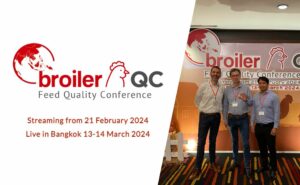
Broiler Feed Quality Conference 2024
From March 12th to 15th 2024, the Thai capital hosted
